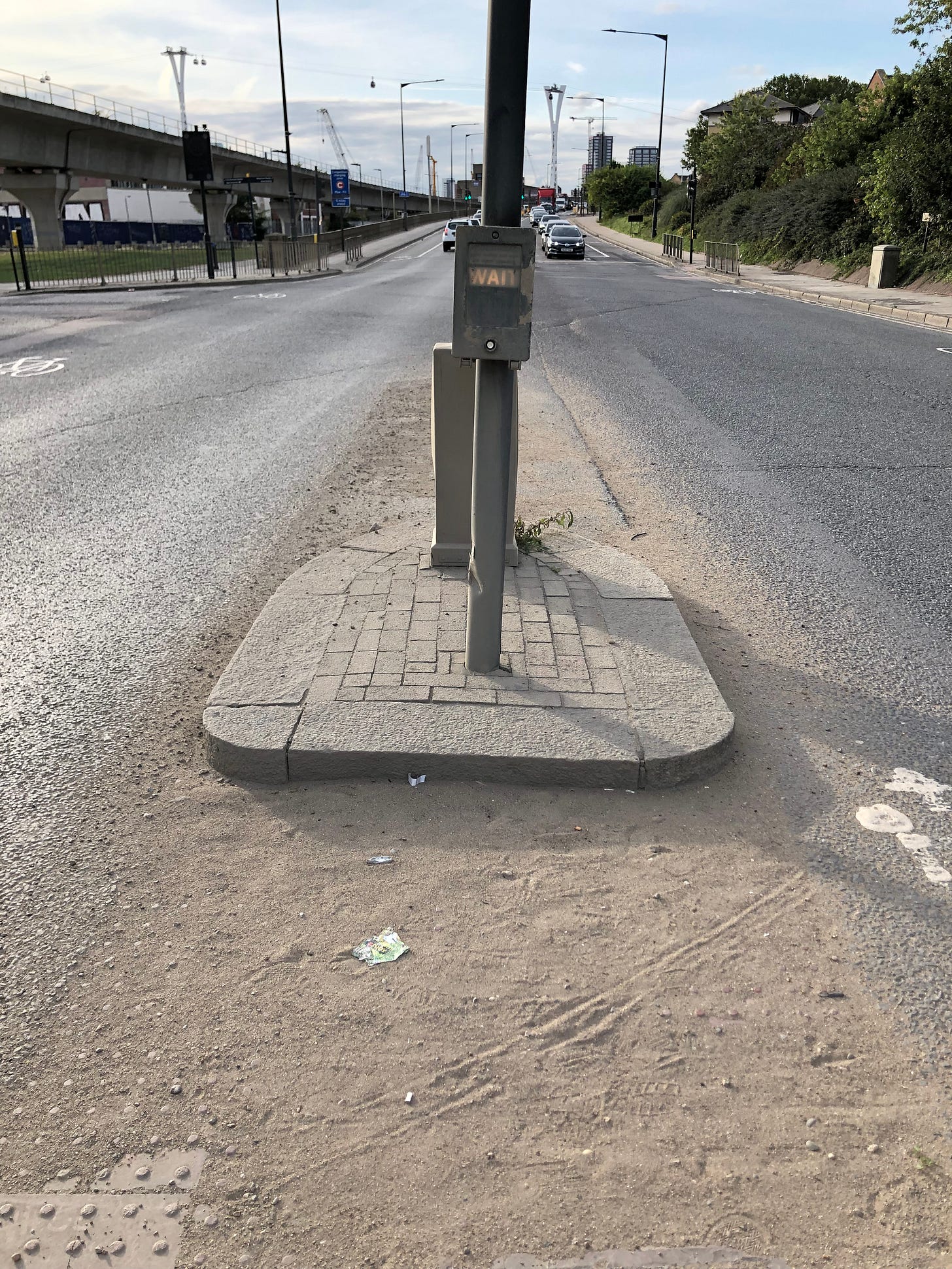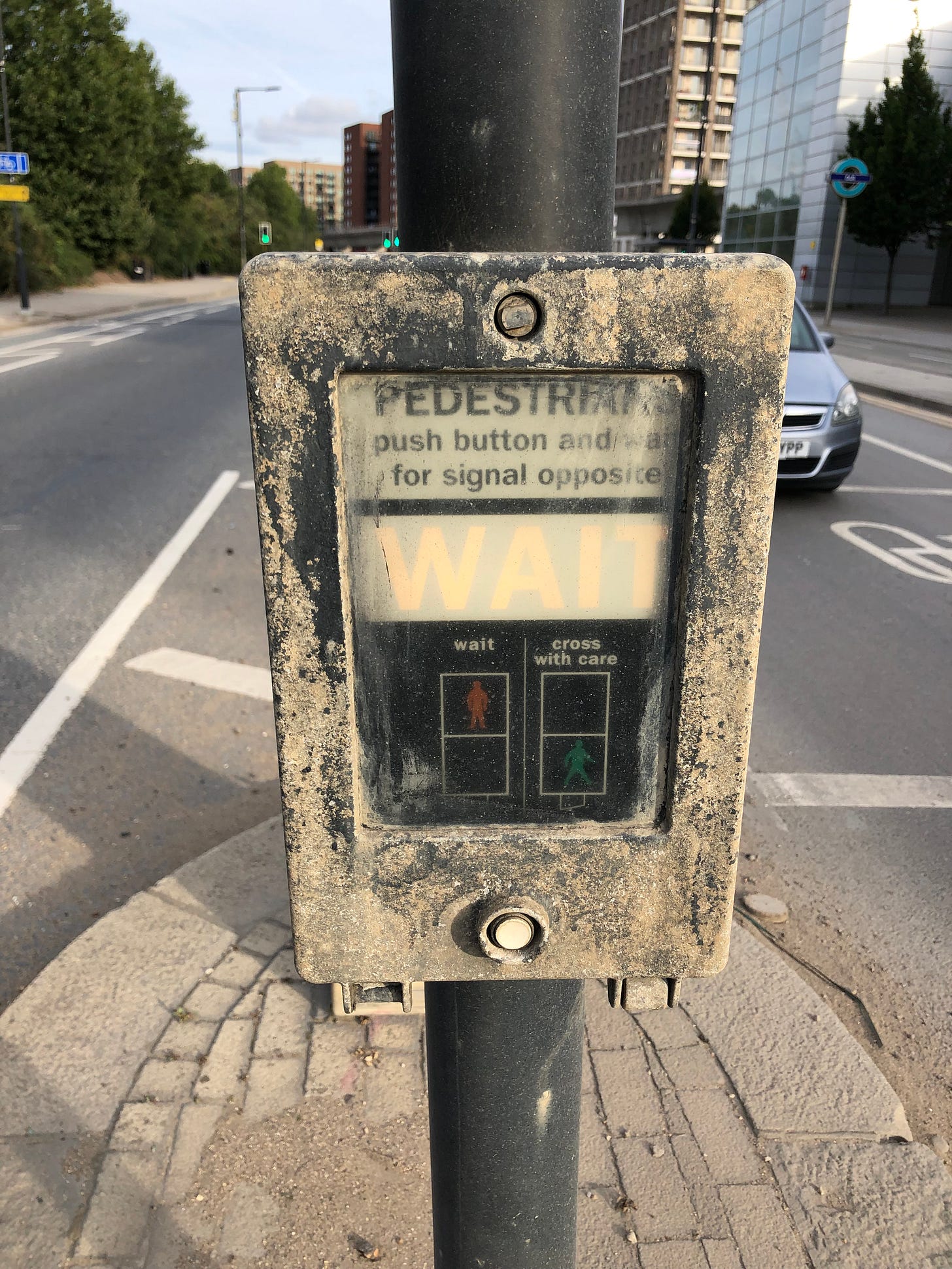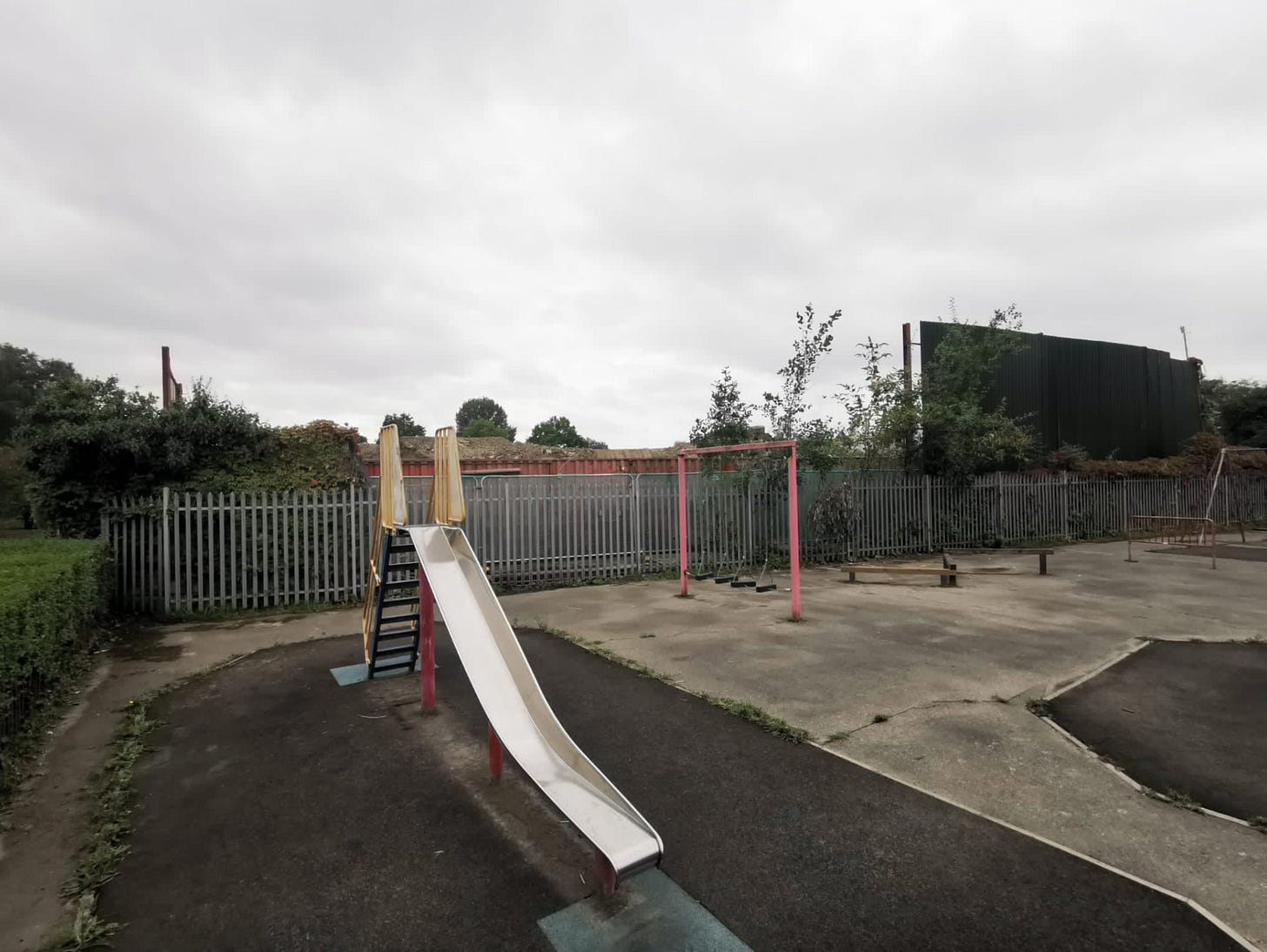As kids return to school in Silvertown, young lungs are at risk
Campaigners against dust pollution have just secured a key victory. But implications for the health and safety of local children mean change can't come soon enough.
This week saw celebration and commiseration for one particular East London community. Residents of Silvertown, Newham, have been engaged of late in a battle for clean air. The wider borough has been found to have the ‘most toxic air in the UK’, but Silvertown is specifically dealing with heavy dust and sand pollution. This is fallout from the several concrete and recycling plants that sit uncomfortably alongside family homes in the area.
With roads, pavements, railings and windows coated in thick layers of grey, the mental and physical health impacts are becoming unmanageable. Inhabitants have – under the leadership of the Stop the Silvertown Dust campaign – started to mobilise against lacklustre planning committees and heavy industry bosses.
And, finally, this week, came an indication that complaints were being listened to. RMS Ltd – a construction and demolition waste recycling facility, and a chief dust producer – had applied to extend site use until November 2024.
The application was set for approval, suggesting three more years of business as usual. But in Tuesday’s Strategic Development Committee Meeting, it was decided to limit the extension to one year. It will be re-evaluated then – by which time opposition hope to have built an even stronger case.
As Royal Docks Labour put it on Twitter:

However, this does also mean that there will be no end to pollution in Silvertown’s streets just yet. And as children return to school, in buildings practically next door to industrial sites, the clock is ticking.
A testament to its increasingly residential status, the neighbourhood is home to two primaries – Britannia Village and the newly-opened Royal Wharf – and two nurseries – Alphabet House and Tiny Town Daycare. This year research has revealed that air pollution in Newham schools is the worst in England – and that those growing up in London’s most polluted areas are losing approximately 5% (equivalent to two large eggs) in lung capacity.
With Silvertown’s kids exposed to this, and more specifically to dust, sand and dangerous driving by HGVs, change can’t come soon enough.
As comments on RMS’s proposal show, the health and safety of the next generation of Silvertown residents is of key concern to locals.
“It's created a health time bomb, and even as a healthy young person I'm seriously considering relocating if this site is allowed to remain open,” says a resident of Boxley Street. “There is no way I would raise a child in the area whilst the levels of dust and pollution, that are directly caused by this facility, are so high.”
A resident of Schooner Road comments,
“The facility is also in close proximity to schools and playing fields. The dust caused by the development, and the additional pollution from the large vehicles will damage the health of local residents and children.”
“I take my little kid by walk around this area to a number of local amenities. We live here”, adds a Starboard Way resident. “It's a shame that the sheer number of lorry movement and the type of company they run poses a material risk to the quality of air and noise pollution.”
The World Meteorological Organisation lists skin and eye irritation, asthma, tracheitis, pneumonia, allergic rhinitis and silicosis as impacts of exposure to airborne dust. Some particularly fine particles are even able to make it into the bloodstream, thus damaging internal organs and causing cardiovascular problems.
Children are especially vulnerable to air pollution, in all its forms. As Rob Hughes, a consultant in public health at the Clean Air Fund, told Ours to Save:
“It’s increasingly clear that children are at special risk from air pollution. Their growing lungs and developing brains are particularly susceptible to the way that air pollution causes inflammation throughout the body.”
“While we know quite a lot about some of the risks from air pollution – for example the risk of developing asthma, or how it can trigger lung infections – we’re still learning how harmful levels of pollution seem to affect things like cognitive development and school performance.
“But what we know already is concerning.”
While an alteration to RMS’s license is welcome news for campaigners in Silvertown, it is just one of many necessary measures. Local authorities are starting to listen, and must act now to preserve the health of their constituents – both young and old.
Florence Wildblood is the editor of Ours to Save. Follow Stop the Silvertown Dust on Twitter.








